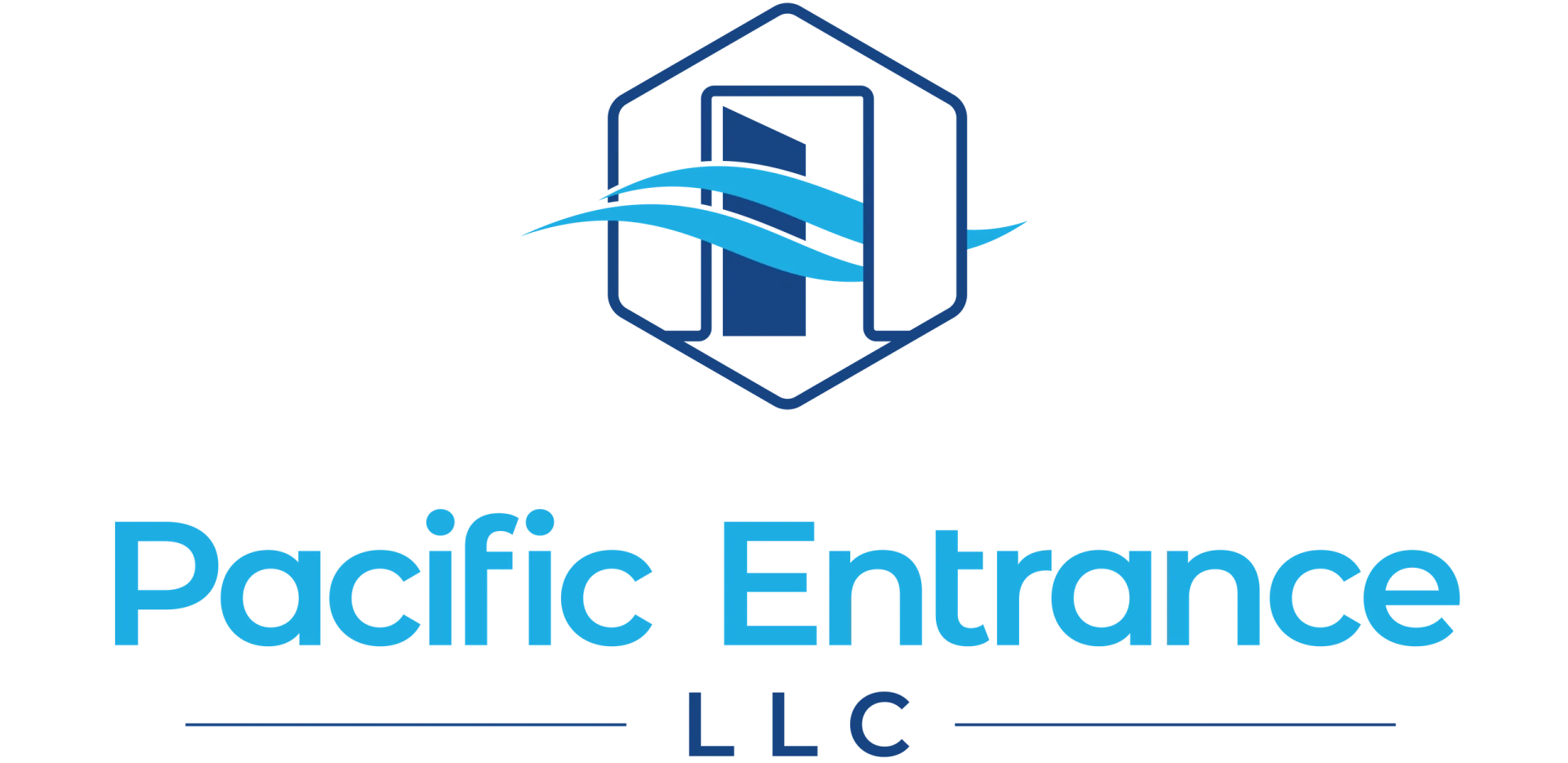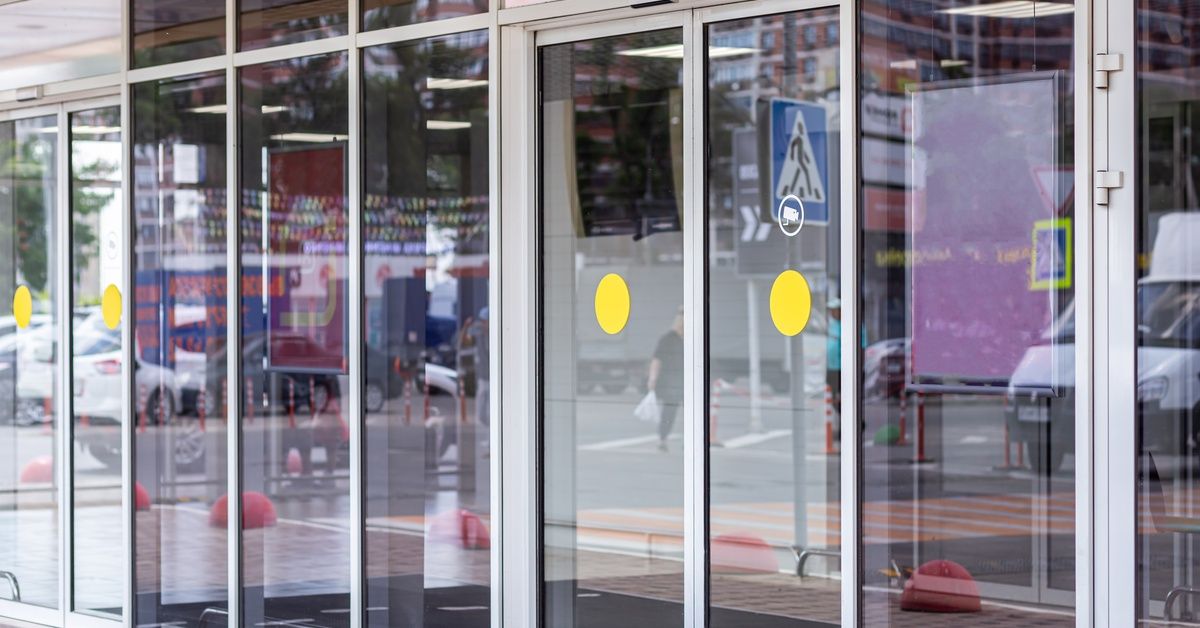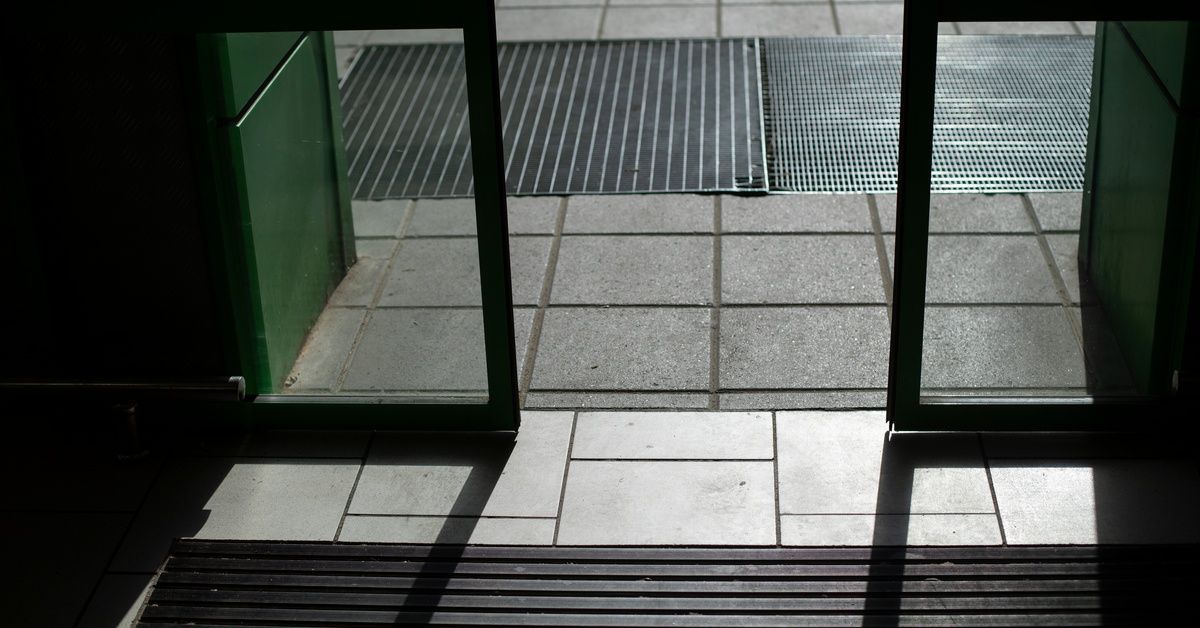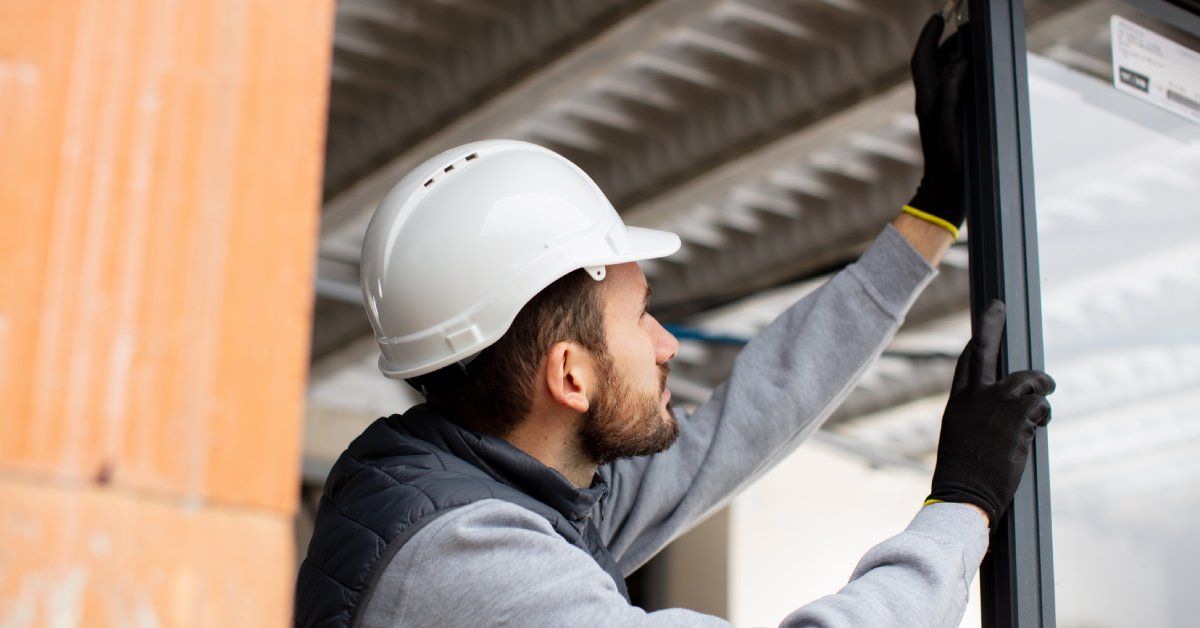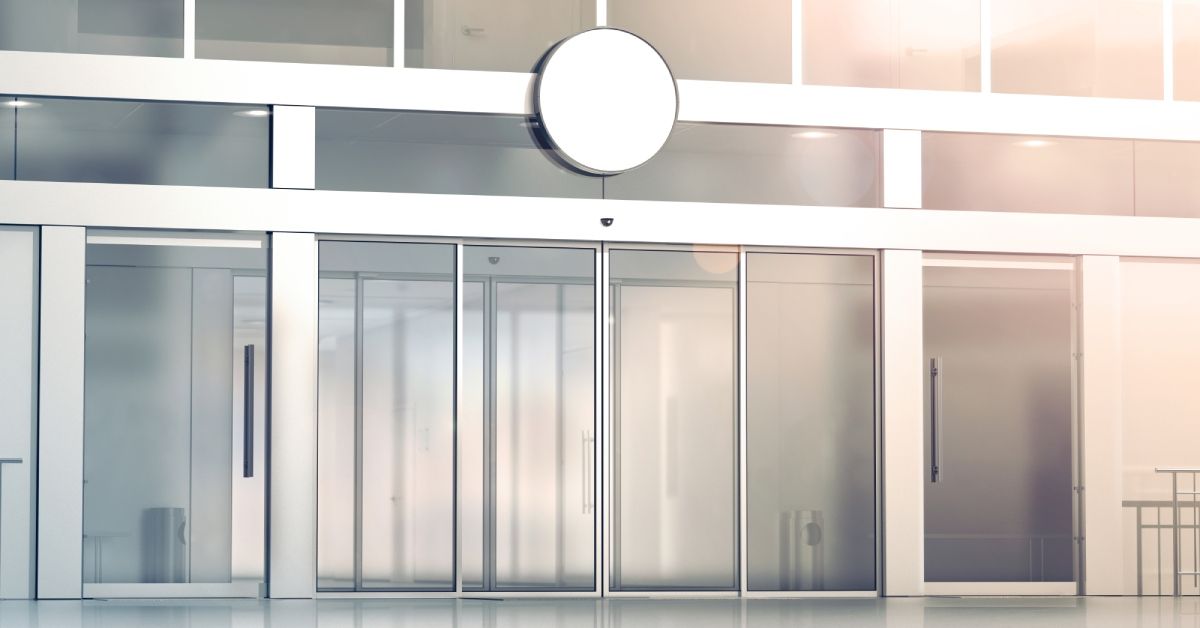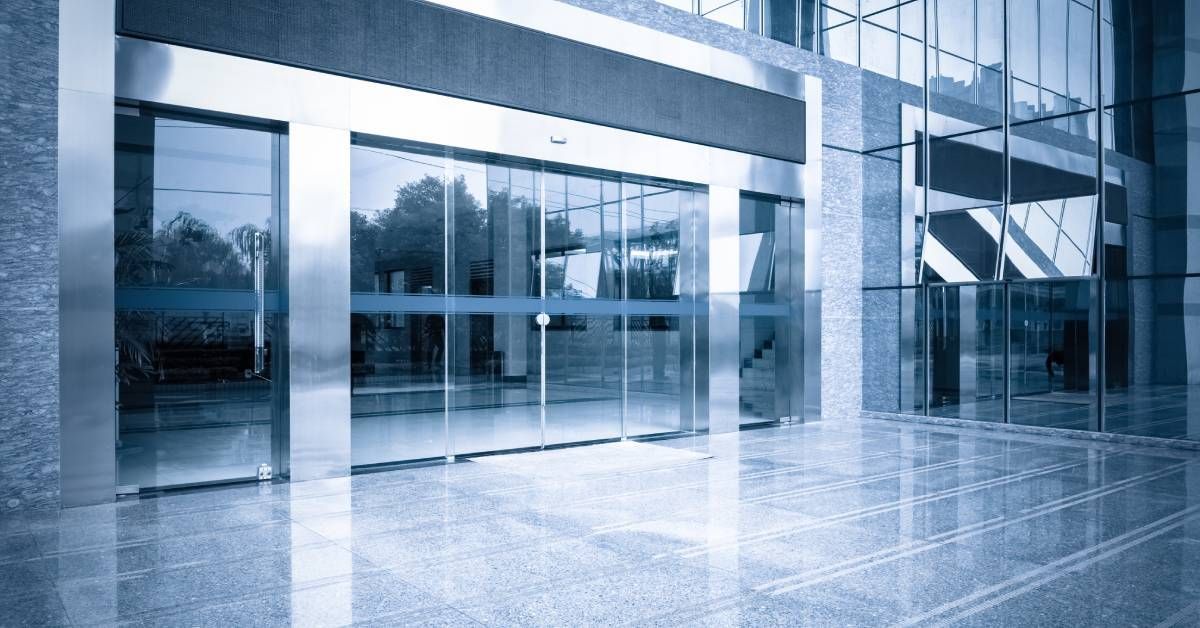Tips for Choosing the Right Business Doors for Your Company
Selecting business doors demands thoughtful consideration, as they play a critical role in safety, functionality, and aesthetics. Whether upgrading an existing space or outfitting a new property, understanding the practical and operational requirements of your company is essential.
Here are a few tips for choosing the right business doors for your company to help you make choices that are durable and efficient for your business needs.
1. Understand Your Security Needs
Your facility’s security demands influence your door selection. For high-risk areas, steel or reinforced doors with advanced locking systems offer greater protection than standard wooden ones. Assess areas requiring limited access or protecting valuable assets, and determine the features you need, such as tamper-proof locks or alarm systems.
2. Consider Durability Against Traffic Volume
A building’s traffic volume impacts durability requirements. For instance, busy retail spaces, warehouses, or high-traffic offices perform better with metal or industrial-grade doors. Materials like aluminum or fiberglass resist wear while requiring minimal maintenance, ensuring longevity.
3. Prioritize Fire Safety Compliance
Fire-rated doors are essential for meeting local safety standards, especially in public buildings. Invest in doors tested to withstand fire for a specified duration. These not only protect employees and visitors but also ensure regulatory compliance, avoiding penalties or operational disruptions.
4. Evaluate Insulation and Energy Efficiency
Doors with proper insulation can reduce energy costs by maintaining interior temperatures. For facilities using climate-controlled environments, insulated steel or fiberglass models prevent unnecessary loss of heating or cooling. U-value ratings can help gauge energy efficiency.
5. Think About Functionality and Accessibility
Doors must support seamless day-to-day operations. Automatic sliding doors , for example, save space and help improve accessibility in customer-facing environments. Consider whether doors will need features like panic bars, heavy-duty hinges, or smooth gliding mechanisms to handle regular use.
6. Match Aesthetics to the Business Style
The appearance of your doors contributes to overall branding and impression. Glass doors with sleek frames work well in modern office designs, while traditional wooden options complement formal or heritage-style spaces. Make choices that reflect the identity and professionalism of your company.
Selecting doors requires balancing security, aesthetics, and operational functionality, all while keeping long-term investments in mind. For more expert advice on choosing the right business doors for your company , speak with our team today.

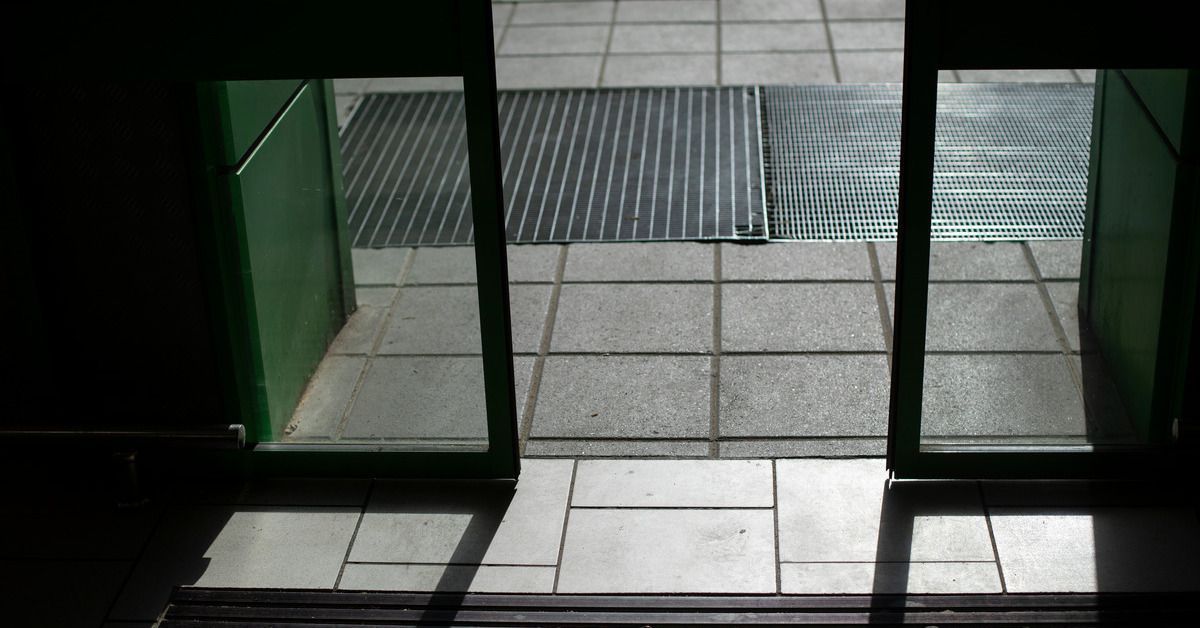
LICENSING INFORMATION
Washington: PACIFEL801B7 | Oregon: CCB 229189
LICENSING INFORMATION
Washington: PACIFEL801B7
Oregon: CCB 229189
headquarters
1788 S Harrier Rd.
Ridgefield, WA 98642
All Rights Reserved | Pacific Entrance, LLC.
